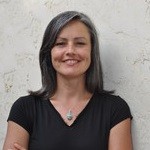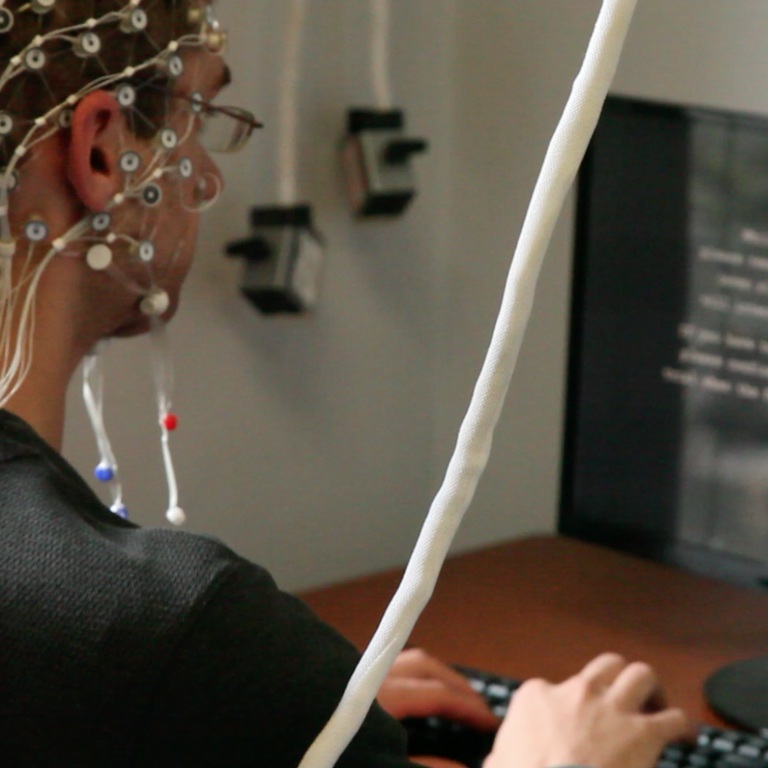Valerie Tiberius, PhD is a Professor and Chair of the Department of Philosophy at the University of Minnesota. Her current work focuses on practical ways in which philosophy and psychology contribute to the study of well-being and virtue. Her most recent book, Moral Psychology: A Contemporary Introduction, aims to bring together philosophical and empirical approaches to questions in moral psychology.
In this interview, Dr. Tiberius discusses her definition of practical wisdom, practices for wise judgment, and epistemic humility in terms of her own life experience and perspective.
Jean: In your 2011 paper titled Wisdom Revisited, how did you define practical wisdom?
Dr. Tiberius: I think practical wisdom is the set of skills, dispositions, and policies that help us to understand and deliberate about what’s good in life and to choose the best means for pursuing those things together over the course of our life. That’s a sort of formal definition of wisdom, which becomes more helpful once you fill out the details. What are those policies? And which skills are important? Which dispositions are helpful in that way? That’s where philosophy and psychology can work together to fill in the details… For one thing, the context that we’re in, our culture, and what we know about ourselves in the world keeps changing. For instance, there’s now this psychological research on implicit bias, and we didn’t know about implicit bias even 30 years ago. So if you want to be wise, it’s important to know that we have biases like that; and it’s important to know what kinds of policies you could enact to get past those biases. That’s something that Aristotle certainly could not have known about. He was in an environment where there were slaves, and women were not citizens. The number of people in the community who were citizens and could participate in politics was a very small proportion, and that wasn’t something that was questioned. It wasn’t a culture in which people were worried about excluding others from disadvantaged backgrounds. We’re in a very different cultural moment. We have knew knowledge about ourselves and different concerns. I don’t think this changes the basic definition of wisdom, but it’s going to change how we fill out that basic definition to make it something that we can use in our lives.
Jean: In your paper, Constructivism and Wise Judgment, you note four components of folk wisdom. What are those components?
Dr. Tiberius: I’ve learned a lot from psychological research on the folk conception of wisdom. There have been a number of studies to show what regular people [not researchers or philosophers] think about wisdom. They think it involves deep understanding of complex problems, reflective capacities, problem-solving skills, and certain kinds of motivations. Some people put it in different ways, but motivations to live a good life and to help other people are taken to be part of wisdom.
Jean: Thinking about the individual, do you think there are ways that an individual could develop skills to weave down a pathway to wise judgment?
Dr. Tiberius: I definitely do. One of the things that I emphasize in my Reflective Life book is a virtue that I call perspective. I don’t mean taking someone else’s perspective, which I also think is important. What I’m thinking of, in addition, is the need for people to be able to shift what they pay attention to. A lot of people have jobs and families. When they’re at work, they need to be focused on work tasks. Then when they come home and they’re spending time with their children, their spouse, or their dogs, at that point they need to focus on those people and those activities. I think part of wisdom is the ability to shift your focus to the valuable things in your life that are present in the moment,…the ability to take a step back to think about your life overall, and to think [about] what matters to you in life and how you are doing at achieving the things that matter. We shouldn’t be doing that all the time because you’d never live your life if all you were doing was wondering how you’re doing. But I think a wise person does that sometimes. And I think these are skills that people can learn.
You can adopt a strategy for reflecting on your life and how it’s going at certain intervals, whether it’s every week, the end of every month, or at the New Year. Say you’re in a period of time where you’re really struggling with something like your job or whatever you’re studying in school. If you can’t tell whether it’s just not for you or if you’re just in a rough patch, one thing you might do is to say, “Okay, I’m going to do this for three months and at the end of those three months, I’m going to evaluate.” That’s a reflective strategy. It’s a policy of forcing yourself to change your perspective. I think there are a lot of learnable skills that are part of wisdom, and perspective is one of them. Mindfulness training, for example, is one way to learn how to get into the moment to enjoy what’s there rather than still being at the office when you’re home with your family. There are also some tricks for overcoming bias. One I’ve heard that’s successful is talking to yourself about how you’re not perfect, and you don’t know everything. Apparently it doesn’t help much just to know that there are these biases out there, but it is useful to tell yourself that you are fallible and that you’re not perfect. I think there are all sorts of ways in which people can move some of these skills forward and to develop them in small ways.
Jean: Do you think that if enough people practiced these sorts of wisdom based-thinking skills that there could be a shift in society?
Dr. Tiberius: I like that you put that question as a conditional. If enough people did it, yes. I think if enough people did a lot of things we could make huge steps forward. I think if more people had some humility about what they know, that would go a tremendous distance to improving life for everybody. Humility might not seem like the most important thing. It seems like we should all focus on being more empathetic, more kind, or compassionate, but I think we do a lot of harm because we think we know things that we don’t know. I’m kind of obsessed with that at the moment.
Jean: When we think about wisdom, we typically think about individuals having wisdom. Are there concepts that might be bolstered in groups of people to push wisdom or wise judgment at a societal level?
Dr. Tiberius: A lot of research on wisdom has focused on the individual and it would probably be a good idea to start thinking more about groups. One thing that’s important to do for a group is to think about what the group’s values are and to think about the obstacles to achieving those values. It sounds very simple. A lot of institutions have mission statements and value statements that lay out their values, but they don’t pay any attention to them. If you ask people what’s the mission statement, they have no idea. But I was thinking about an example of this at my own university where we have a new provost. She's a woman and a philosopher who really wants to increase the diversity in the faculty. So she brought in a group from UW Madison called WISELI, Women In Science and Engineering Leadership Institute. They were fantastic. They did a seminar for university people who were going to be on search committees that covered how search committees can function better to get a more diverse applicant pool and to encourage candidates of color and women candidates to come to your department or school. They talked about what the obstacles are and what you need to do better. To me, that’s an example of the university increasing its wisdom by thinking about what we value, recognizing the obstacles, and bringing in people from outside who can tell us how to achieve them. That’s what your question got me thinking about which was actually quite helpful to me. I really appreciated you asking that.
Jean: Is there any one experience that you might feel comfortable sharing that has led you to being able to make more wise judgments or brought you down the path to being wiser?
Dr. Tiberius: I really like this question too and my answer to it ties back to epistemic humility or humility about what we know. My parents got divorced when I was thirteen-ish, but I was old enough [to know] a lot about what was going on and could see how different their two perspectives on the situation were. At 13, I was in no position to gain wisdom from this. But over the years, I’ve seen friends’ marriages fall apart. I’ve seen other people’s friendships fall apart. I’ve seen friends struggle to understand their teenage children. And I think the divorce of my own parents kind of laid the groundwork for getting the idea overtime that we really don’t know much about how things seem to another person. It’s often very difficult to see the other person’s point of view, even if that other person is someone we love. From conversations I’ve had with people who are struggling in relationships, I’ve seen that two people can tell you two completely different stories about the exact same event. This has helped me gain a little bit more humility about how it is to be someone else and to struggle with the things that they’re struggling with. I have to admit, being the oldest of three sisters, maybe I’ve had a bit of a tendency towards being the boss. I confess that I sometimes think I know best about what needs to be done. So, some of those experiences have tamed the part of me that kind of wants to boss people around, and point my finger at them. But I think everybody has a little bit of “boss” in them. We assume too much, and we think we know how to fix things, and we often have good motives: we really want things to go better for the person. We want to help them. You want to help them and yet often, what you think is helpful is not in fact helpful, because you don’t really understand what they’re going through. That’s a local context where I think that humility about what we know is really important. I do think I learned that from life experience.

Valerie Tiberius, Ph.D.
Professor of Philosophy, University of Minnesota



